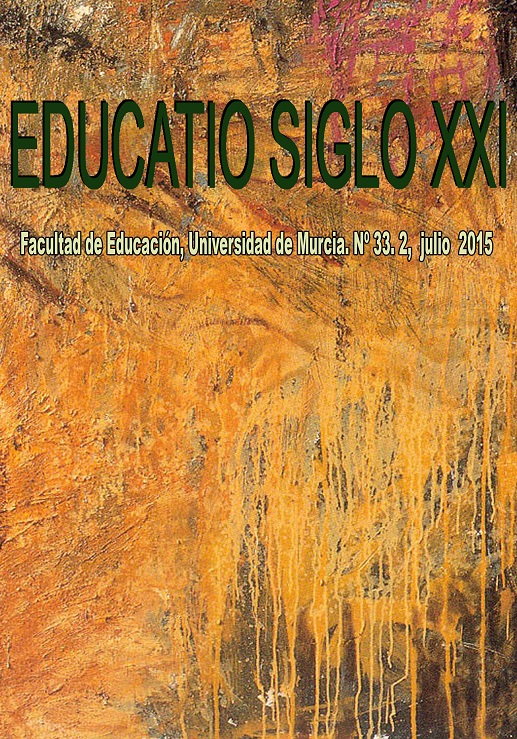Teaching Spanish without material resources. The case of the Saharawi refugees
Abstract
The Spanish language is the second language for the Saharawi people living in the Tinduf desert (Argelia). Their forefathers learnt it in the XV century when the Canary Islands were incorporated to the Kingdom of Castile and the first commercial exchanges with the Western Sahara coast began. In 1975 a war forced them to flee to this place and to organize themselves into a refugee camp. They have been living there ever after that time, waiting for the celebration of a referendum on self-determination that was promised by the UN on December 14th 1973 (General Assembly. ONU,1973).
The use of the Spanish language guarantees their survival because they can communicate with the Spanish humanitarian workers from the NGOs that visit them: helping them to stand the wait, giving them food, improving infrastructures, giving them health care etc. They can use Spanish both in writing and in speaking. In order to know the resources they use, we undertook a statistical study about the opinion of the instructors who teach Spanish as a second language from the 3rd year of Primary (8 years old). This investigation describes the environment where they live and the teaching and learning resources that are available at schools. The results obtained are discussed and proposals to improve this situation are made.
Downloads
-
Abstract531
-
PDF (Español (España))460
Original work publishes in this journal is subject to the following terms:
1. Murcia University Press (the publishing house) holds the copyright of the publishes work, and favours and allows their reutilization under the use license stated in point 2.
© Servicio de Publicaciones, Universidad de Murcia, 2015
2. Work is published in the electronic edition under a license (Creative Commons Reconocimiento-NoComercial-SinObraDerivada 4.0 España (legal text). They can be copied, used, disseminated, transmitted and publicly presented, as long as: i) authorship and original publication source is acknowledged (journal, publishing house and URL of the work); ii) are not used for commercial purposes; iii) the existence and specifications of this use license is stated.
3. Conditions for self-archive. Authors are allowed and encouraged to disseminate electronically the pre-pint (before review) and/or post-print (accepted for publication) versions of their work before their publication since that favours earlier circulation and dissemination resulting in an increased chance for the authors to be cited and for the work to reach a bigger share of the academic community. Colour: RoMEO: green.








